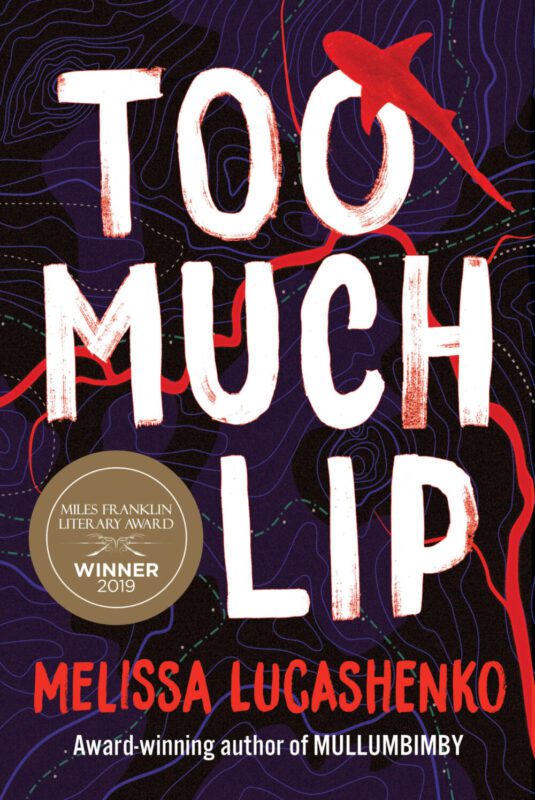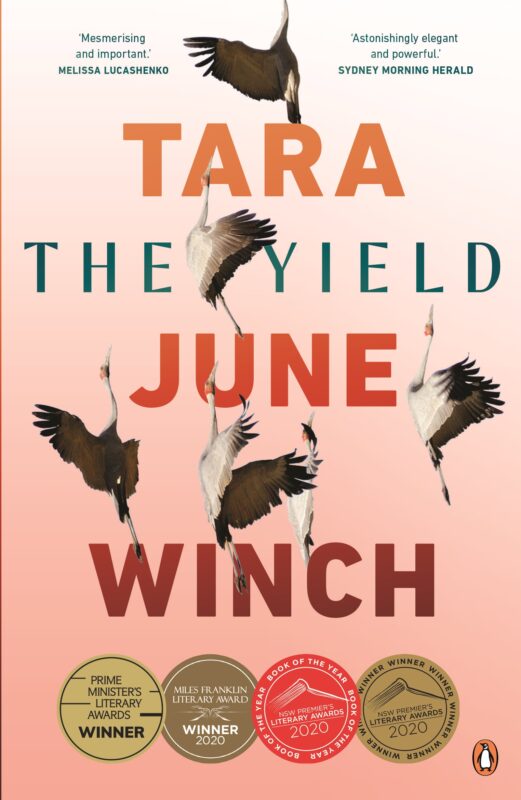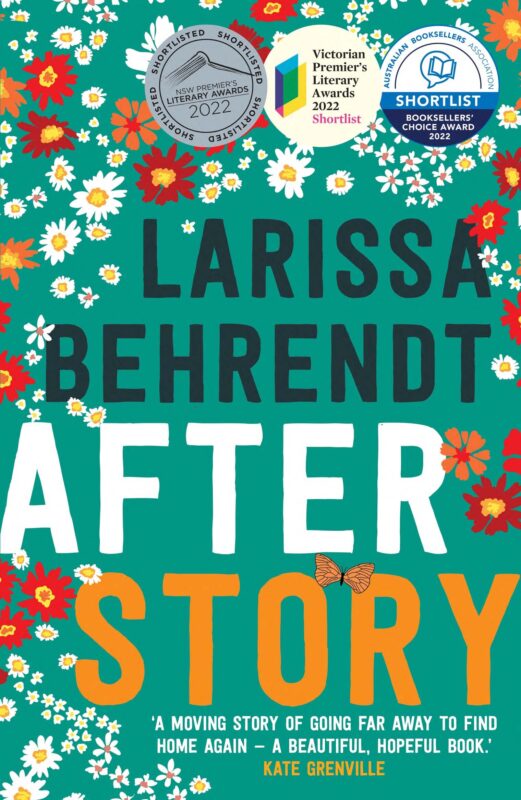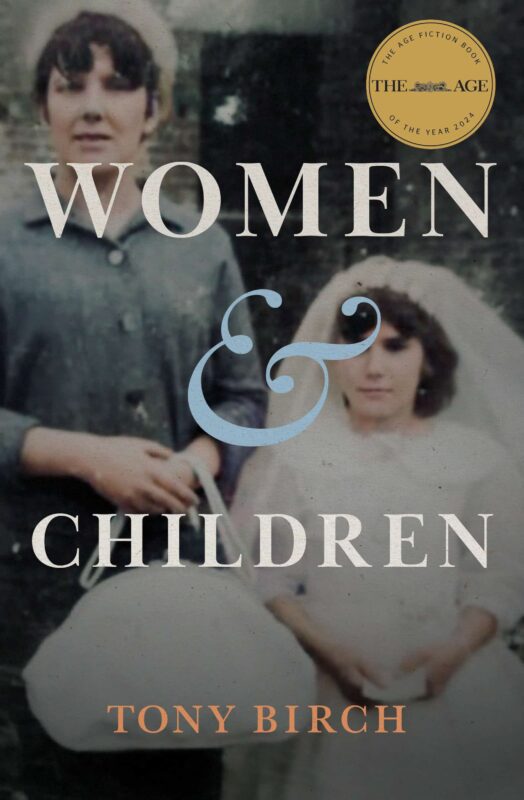As a life-long bookworm, novels have always been one of my favourite ways to learn about history, culture and people. So a couple of years ago when I decided I needed to better understand aboriginal culture, I naturally turned to my local bookstore.
Happily, Australian bookshelves these days are filled with a wonderfully diverse array of books written by First Nations writers. In fact, two out of the last five Miles Franklin winners have been First Nations writers.
To celebrate NAIDOC week, the following is a very small selection of my favourite books by Aboriginal authors, for those of us who love nothing more than to curl up with a good book and a cup of tea.
Too Much Lip by Melissa Lucashenko
Winner of the Miles Franklin Literary Award 2019
The blurb, from publisher University of Queensland Press:
“Too much lip, her old problem from way back. And the older she got, the harder it seemed to get to swallow her opinions. The avalanche of bullshit in the world would drown her if she let it; the least she could do was raise her voice in anger.”
Wise-cracking Kerry Salter has spent a lifetime avoiding two things – her hometown and prison. But now her Pop is dying and she’s an inch away from the lockup, so she heads south on a stolen Harley.”
Why I love it:
Kerry Salter is an absolutely compelling heroine, and this book is a brilliant combination of laugh-out-loud hilarious and deeply thought provoking. I found it particularly powerful for its insights into Kerry’s connection with country. The author also wrote Mullumbimby which is another fantastic book, and I’m dying to read her latest Edenglassie (see my TBR list below).
The Yield by Tara June Winch
Winner of the 2020 Miles Franklin Award
The blurb, from publisher Penguin Books Australia:
“Knowing that he will soon die, Albert ‘Poppy’ Gondiwindi takes pen to paper. His life has been spent on the banks of the Murrumby River at Prosperous House, on Massacre Plains. Albert is determined to pass on the language of his people and everything that was ever remembered. He finds the words on the wind.
August Gondiwindi has been living on the other side of the world for ten years when she learns of her grandfather’s death. She returns home for his burial, wracked with grief and burdened with all she tried to leave behind. Her homecoming is bittersweet as she confronts the love of her kin and news that Prosperous is to be repossessed by a mining company. Determined to make amends she endeavours to save their land – a quest that leads her to the voice of her grandfather and into the past, the stories of her people, the secrets of the river.”
Why I love it:
Beautifully written, complex and intriguing, this made me think about the power of language and stories.
After Story by Larissa Behrendt
The blurb, from publisher University of Queensland Press:
“When Indigenous lawyer Jasmine decides to take her mother, Della, on a tour of England’s most revered literary sites, Jasmine hopes it will bring them closer together and help them reconcile the past.
Twenty-five years earlier the disappearance of Jasmine’s older sister devastated their tight-knit community. This tragedy returns to haunt Jasmine and Della when another child mysteriously goes missing on Hampstead Heath. As Jasmine immerses herself in the world of her literary idols – including Jane Austen, the Brontë sisters and Virginia Woolf – Della is inspired to rediscover the wisdom of her own culture and storytelling. But sometimes the stories that are not told can become too great to bear.”
Why I love it:
The juxtaposition of English literary history and the story of Jasmine and Della is surprising, effective and deeply enjoyable, especially for an English literature nerd like me. And Della has to be one of the most lovable, frustrating and fascinating characters in fiction.
Women and Children by Tony Birch
Winner of the 2024 Age Book of the Year for Fiction
The blurb, from publisher University of Queensland Press:
“It’s 1965 and Joe Cluny is living in a working-class suburb with his mum, Marion, and sister, Ruby, spending his days trying to avoid trouble with the nuns at the local Catholic primary school. One evening his Aunty Oona appears on the doorstep, distressed and needing somewhere to stay. As his mum and aunty work out what to do, Joe comes to understand the secrets that the women in his family carry, including on their bodies. Yet their pleas for assistance are met with silence and complicity from all sides. Who will help Joe’s family at their time of need?”
Why I love it:
Tony Birch is a highly respected Aboriginal writer. While this book isn’t ostensibly about an aboriginal family (though it could be), it is a powerful story about violence against women. It’s very readable, despite the confronting subject matter.
Want more?
You might also like to check out the following, which are at the top of my “To Be Read” list:
Edenglassie By Melissa Lucashenko
The White Girl by Tony Birch
Bila Yarrudhanggalangdhuray: River of Dreams by Anita Heiss



